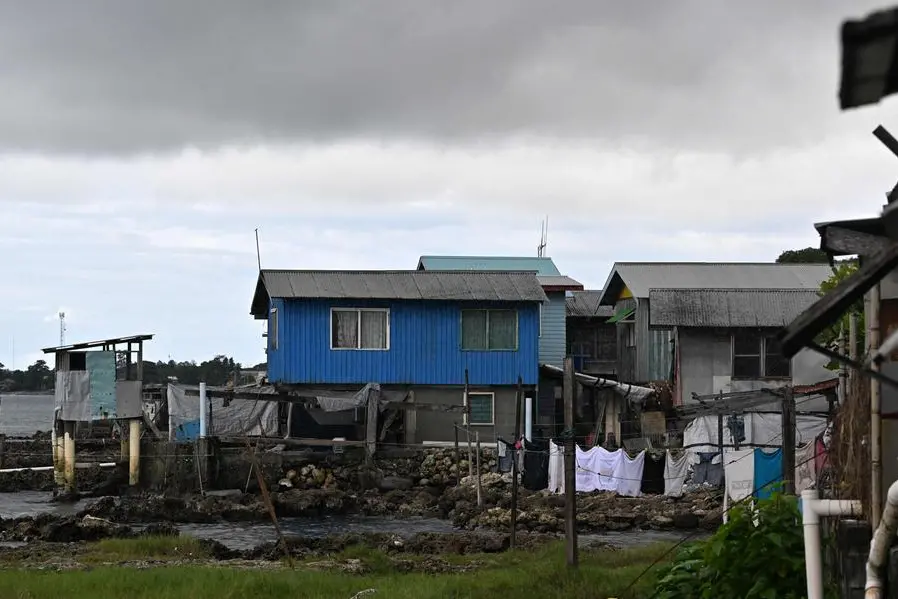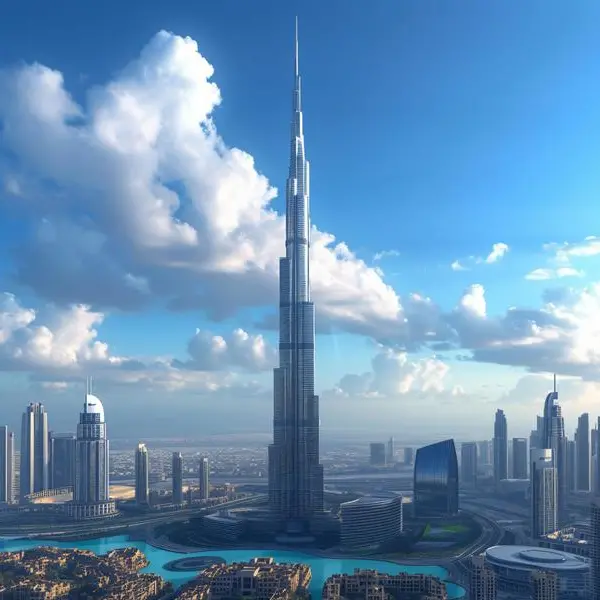PHOTO
Merchants in Solomon Islands' gritty Chinatown were preparing Tuesday for the prospect of post-election violence, fearful the district will again be targeted if the Pacific nation re-elects a pro-Beijing leader.
Mobs tore through the shopping district during riots in 2019 and 2021, their anger fuelled in part by China's growing sway over the government.
On the eve of national elections, Chinatown shopkeeper Ruth Maetala said she would be shuttering her second-hand clothing store until the dust settled from voting.
"We are closing from tomorrow until Friday. Just watching out for anything," she told AFP.
Ethnic violence prompted an Australian-led peacekeeping mission in Solomon Islands from 2003 to 2017, and Beijing flew out scores of ethnic Chinese people in 2006 after riots following general elections.
But the 2021 unrest was particularly harrowing.
At least three people died and whole blocks of Chinatown were torched and still sit blackened and derelict today.
Locals now simply call it "the burning".
"I opened two weeks before the burning," said Maetala.
"There was fire all over this place."
Solomon Islanders have slowly moved back into the Chinatown neighbourhood, which sits on the outskirts of the steamy capital Honiara.
But only a handful of businesses owned by Chinese expats remain, along with the decaying concrete husks of stores that have been stripped, trashed and daubed with graffiti.
"Waku go home," reads one spray-painted message, using the local pidgin phrase for a Chinese resident.
The few Chinese merchants who stayed keep their heads down and are reluctant to talk to the media.
"The Chinese businesses cannot come back, because there's no house for them, there's no buildings to run their business," said Robinson Seni, a security guard who protected a strip of shops during the unrest.
Store owner Talina Anderson said she would be paying "a few locals" to watch over her business "just for safety" during the election period.
"I have a few employees who were financially hit by the last riots," she told AFP.
"They lost their jobs, they had no money."
A temporary steel fence has even been hastily erected around China's embassy in downtown Honiara ahead of the vote.
- Pivot to China -
Prime Minister Manasseh Sogavare has forged deep ties with Beijing since his election in 2019.
A security pact followed in 2022, alarming Western rivals anxious at the prospect of a permanent Chinese military presence in the South Pacific.
While Sogavare plans to bring Beijing further into the fold if he is re-elected, his main rivals are deeply sceptical of China's influence.
A torrent of Chinese aid and investment has flowed into the country during Sogavare's five years at the helm, funding a 10,000-seat athletics stadium and a medical centre still under construction.
Some living in the hardscrabble settlements outside central Honiara have questioned whether this money has made much of a difference.
"So my country is really poor, yeah. It's not good (that it has) stayed like this," banana seller Tina told AFP from her wooden stand on the side of the road.
Solomon Islands, with a population of about 720,000 people, is one of the least-developed nations in the world.
- 'Devil's night' -
Election eve in Solomon Islands is known among locals as "Devil's night", when desperate political operatives make last-ditch bids to nakedly buy off voters.
A 24-hour campaigning blackout and toughened electoral laws have been put in place to try and stamp out the dirty political tactics.
Deputy police commissioner Juanita Matanga urged all candidates to "abide by those guidelines that are put forward under the electoral law".
Matanga told AFP that candidates using "other means to get whatever they want" were not the sort of leaders needed in the country, which has long been plagued by rampant corruption.
"Keep your votes secret and say no to vote buying and selling," the Solomon Islands Electoral Commission said in an election eve message.





















